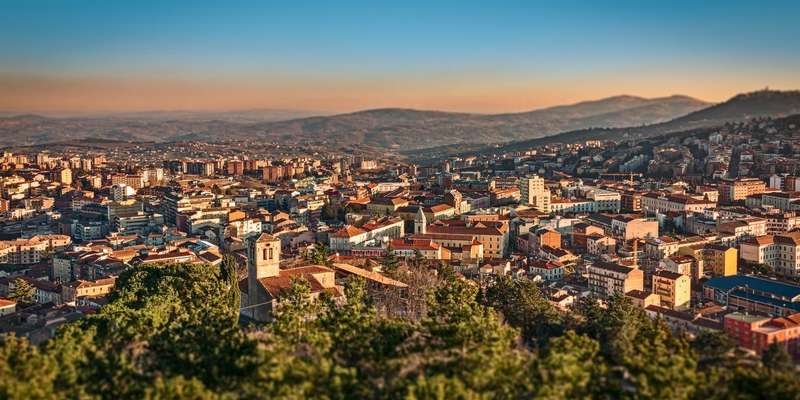- Home
- Useful Tips
- Where to experience traditional...
Finding genuine traditional music experiences in Campobasso proves challenging for many visitors. While the Molise region boasts a rich musical heritage, its intimate performances often occur in unmarked venues or during obscure local festivals. Over 70% of cultural travelers report frustration when trying to locate authentic folk music abroad, often settling for tourist-oriented shows that lack regional character. The sparse English-language information about Campobasso's music scene compounds this issue, leaving many to miss the soul-stirring accordion melodies and ancient zampogna bagpipes that define Molise's sound. These musical traditions carry centuries of pastoral history, yet without local knowledge, you might never hear their stories whispered through song.


Decoding Campobasso's music calendar – when traditions come alive
Campobasso's musical heartbeat follows seasonal rhythms rather than tourist schedules. The most authentic performances cluster around harvest festivals and religious celebrations, particularly the Festa dei Misteri in June when processions feature centuries-old musical accompaniments. Winter brings haunting Novena concerts in December, where local groups perform door-to-door with traditional instruments. Many smaller events won't appear on official tourism sites – ask about 'veglie', informal evening gatherings where musicians play in private homes. The tourist office on Via Mazzini maintains a handwritten list of upcoming performances, but verify dates as last-minute changes are common. For guaranteed sightings, time your visit with the Molise Folk Festival (September) or the International Bagpipe Festival in nearby Scapoli (July).
Locals-only spots where music flows naturally
Beyond scheduled events, Campobasso hides intimate venues where music happens spontaneously. The unassuming Osteria da Peppe near Piazza Municipio transforms on Friday nights when owner Peppe brings out his accordion after dinner service. For polished performances, the tiny Teatro Savoia hosts monthly 'Suoni della Memoria' concerts showcasing Molise's vanishing musical traditions. Don't overlook the historic Rione Tappino district – follow the sound of zampognari (bagpipe players) echoing through stone alleys on weekend evenings. Elderly residents often gather at Bar Vittoria in the morning; buy a coffee and ask about that night's music. These authentic experiences require no tickets, just patience and respect for local customs – arrive early, stay late, and never interrupt a musician's flow.
Connecting with Campobasso's music keepers
The true soul of Molise's music lives with its practitioners – aging masters who rarely advertise performances. The Associazione Culturale Zampogna maintains a workshop in Campobasso's old town where artisans craft traditional instruments; visiting hours often include impromptu demonstrations. For deeper immersion, respected folklorist Giovanni Tancredi offers private lessons in regional styles through his scuola di musica popolare. Local churches sometimes post notices about special musical masses featuring the rare ciaramella (wooden flute). If you hear musicians practicing in the public gardens near Villa de Capoa, approach respectfully after they finish – many appreciate genuine interest in their craft. These personal connections often lead to invitations to private rehearsals or family celebrations where the most authentic music thrives.
Bringing the music home – ethical souvenirs and recordings
Preserving Campobasso's musical heritage requires supporting its artisans responsibly. Skip mass-produced 'Italian folk music' CDs in favor of recordings by the Gruppo Folkloristico Molisano, sold at Libreria Montag in Piazza Prefettura. The weekly mercato on Via Roma sometimes features local luthiers selling handcrafted ciaramelle and tamburelli (frame drums) – expect to pay fair prices for these functional artworks. For digital keepsakes, the Museo Sannitico's audio archive offers rare field recordings. Consider donating to the Centro Studi per la Cultura Popolare, which documents endangered musical traditions. Remember that photographing performers requires explicit permission in intimate settings, and never record private ceremonies. Your thoughtful engagement helps ensure these ancient sounds continue echoing through Molise's mountains.